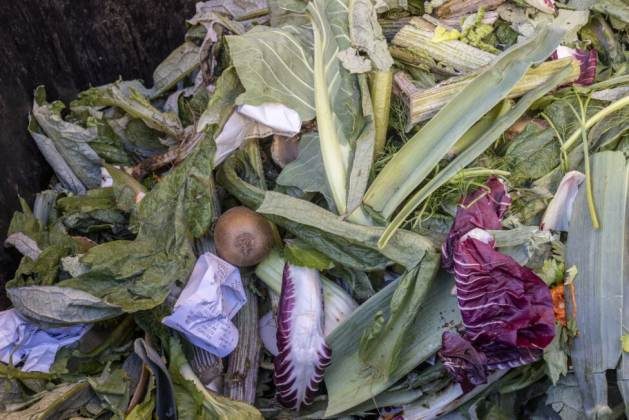Food Loss and Waste: An Unacceptable Reality

SANTIAGO, Sep 29 (IPS) - Mario Lubetkin is FAO Assistant Director-General and FAO Regional Representative for Latin America and the CaribbeanIn recent years, the population of Latin America and the Caribbean has seen a worrying increase in hunger figures, especially among the poorest in the region.
When we talk about food insecurity in our region, as in the rest of the world, we realize that this problem does not stem from deficient food production. According to FAO estimates, Latin America and the Caribbean could feed more than 1.3 billion people, twice its population.
Thus, where does this problem arise? A relevant factor in this matter is food loss and waste, which prevention is fundamental in the development of agri-food systems.
In 2019, the United Nations General Assembly first established 29 September as International Food Loss and Waste Awareness Day, recognizing the positive impact of reversing FLW can have on people's food and nutrition security.
Four years after the declaration of this day, we must take stock of what we have achieved, look ahead and take immediate action to reverse a complex scenario with economic, social, environmental, and moral costs.
According to FAO figures, 13% of the world's food is lost in the supply chain, from post-harvest to retail, and a further 17% is wasted in households, food services, and retail. The highest levels of losses occur in nutrient-rich foods such as fruit and vegetables (32%), meat, and fish (12.4%).
Inefficiencies along the food chain and in consumption also have a significantly impact on the environment. Therefore, preventing food loss and waste can help to combat hunger and the consequences of climate change through greenhouse gas emissions.
Current scientific evidence points to innovative solutions that support family farming, distribution and supply systems, drive circular bio-economy actions, and target investments and funding to develop monitoring and early warning systems to prevent FLWs, as well as comprehensive legal frameworks aimed at prevention. But it is still not enough.
At the end of August, the FAO Regional Office for Latin America and the Caribbean organized a discussion on how to prevent and reduce food losses and waste in the context of food security and nutrition, with the participation of the Holy See, representatives of the Chilean government, and FAO.
This conversation explored ideas and solutions to move from reflection to action and to understand that ending the phenomenon of food loss and waste has a direct impact on the lives of individuals and society as a whole.
The way forward is clear: to address this situation it is imperative to work in a coordinated and multi-sectoral way to achieve results quickly. Governments, businesses, civil society and academia must join forces, to generate evidence, investments in infrastructure and technology, and other measures to address this situation.
Much needs to be done. Food loss and waste must be addressed from an ethical, political and scientific perspective. We are all responsible for this challenge.
© Inter Press Service (2023) — All Rights Reserved. Original source: Inter Press Service
Where next?
Browse related news topics:
Read the latest news stories:
- UNICEF Report Warns of Rising Rates of Child Mortality without Proper Funding Friday, March 28, 2025
- Tariffs: Job protectors or trade killers? Friday, March 28, 2025
- Indian Colonialism in Sri Lanka Thursday, March 27, 2025
- Organic Fertilizers Prove Effective on Tea as Farmers Abandon Synthetic Inputs Thursday, March 27, 2025
- Bangladesh's Ethnic People Safeguarding Forests and Wildlife Thursday, March 27, 2025
- Fast fashion fuelling global waste crisis, UN chief warns Thursday, March 27, 2025
- Gaza: UN humanitarians flag impact on children of return to war Thursday, March 27, 2025
- Armed groups install ‘parallel administration’ in DR Congo, Security Council hears Thursday, March 27, 2025
- Sudan war: Displacement figures fall for first time Thursday, March 27, 2025
- DR Congo: Record numbers face acute or emergency hunger Thursday, March 27, 2025
Learn more about the related issues: